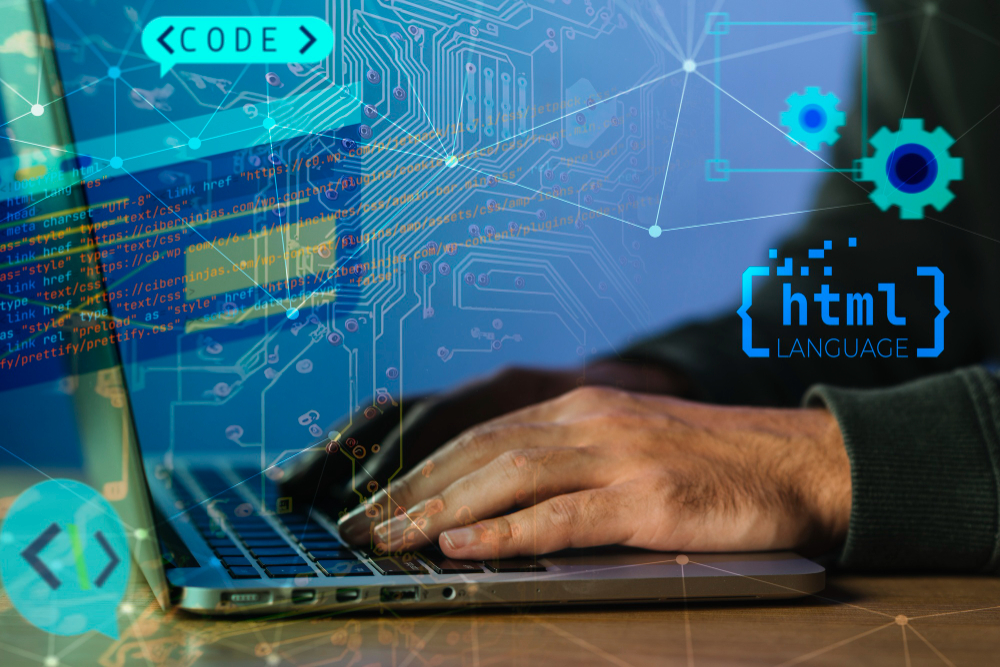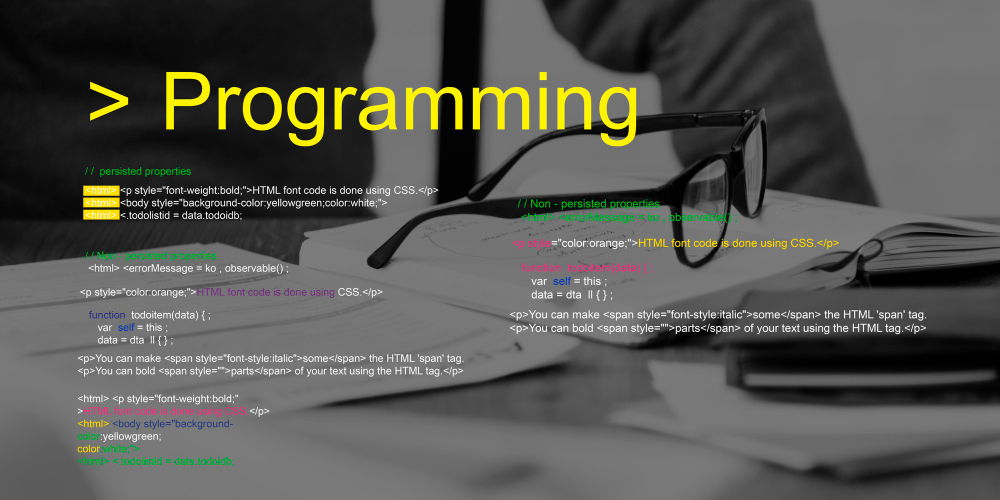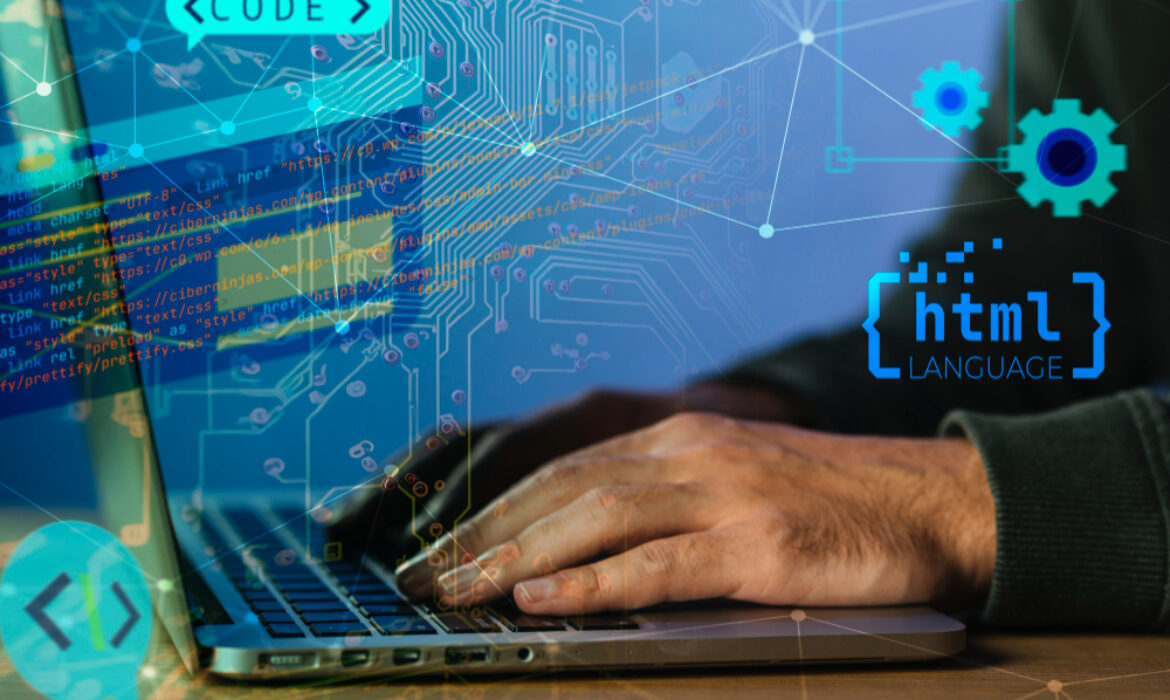PHP – the trusty old scripting language that has powered countless websites and applications across the internet. If you’ve been around the block in the world of web development, chances are, you’ve crossed paths with PHP at some point. But as we move further into the digital age, you might wonder how PHP fits into the modern tapestry of full stack development. Fear not, fellow tech enthusiast! We’re here to dive into the evolution of PHP in full stack development, exploring the latest trends and making some educated guesses about what the future holds as we approach 2024.

PHP, or Hypertext Preprocessor, began its journey in 1994 as a collection of Perl scripts before evolving into the scripting language we know today. Initially designed for personal web page creation, it quickly gained popularity for its ease of use, flexibility, and open-source nature. This programming language made server-side scripting accessible to many, enabling dynamic content generation and database interaction directly from the web server. As the internet grew, so did PHP, with major releases adding object-oriented programming, improved performance, and enhanced security features. Its importance cannot be overstated; powering popular content management systems like WordPress, Joomla, and Drupal, PHP has become the backbone of millions of websites, making it a pivotal skill for full-stack developers.
The evolution of PHP full stack development has been significantly influenced by the advent of PHP frameworks. Frameworks such as Laravel, Symfony, and CodeIgniter offer a robust structure for building applications more efficiently. These frameworks provide built-in functionalities for tasks like database abstraction, routing, and authentication, reducing development time and enhancing application security. By following the best practices and design patterns such as MVC (Model-View-Controller), PHP frameworks help developers create scalable, maintainable, and secure web applications. They are instrumental in the shift towards full stack development, allowing developers to focus on business logic rather than boilerplate code.
Current Trends in PHP Development
Microservices Architecture with PHP
Microservices architecture represents a shift from monolithic application structures to smaller, loosely coupled services that focus on executing one function well. This approach offers enhanced scalability, easier maintenance, and faster deployment times. PHP has embraced the microservices trend, with frameworks like Lumen and Silex providing lightweight solutions explicitly designed for building microservices.
PHP for Serverless Computing
This trend offers PHP developers the opportunity to focus on writing code that matters, without worrying about infrastructure, leading to cost efficiency and scalability. As serverless computing grows, PHP’s role in this environment will likely expand, offering exciting possibilities for full stack development.
PHP and Containers
The integration of PHP with containerization technologies, such as Docker, has opened new avenues for development and deployment. Containers offer an isolated environment for PHP applications, ensuring consistency across different stages of development and deployment. They facilitate continuous integration and continuous deployment (CI/CD) pipelines, making it easier to develop, test, and deploy PHP applications with confidence. The synergy between PHP and containers exemplifies PHP’s adaptability to modern development practices, highlighting its ongoing relevance in full stack development.

Predictions for PHP Full Stack Development by 2024
Increased Adoption of PHP in Full Stack Development
The simplicity and continuous advancement of PHP suggest it’ll become even more popular among full-stack developers by 2024. Its flexibility in building both server-side and front-end functionalities makes PHP a go-to for creating dynamic, high-performing applications.
Enhanced Security Features in PHP
With cybersecurity being a hot topic, PHP is expected to introduce more robust security features. This will make PHP applications not just faster, but also safer, attracting more developers and businesses towards PHP for their full stack development needs.
Impact of PHP Updates on Full Stack Development Trends
As PHP evolves, it’s likely to impact full stack development trends significantly. Developers will need to keep up with PHP updates to leverage its full potential, leading to more innovative and complex web applications. The continuous improvement of PHP will inspire a wave of new development methodologies and practices by 2024.
Related Posts
The Impact of AI and Machine Learning on Web Development Services.
Today, the digital landscape is evolving more rapidly than ever, thanks to the groundbreaking advancements in Artificial Intelligence (AI) and Machine Learning (ML). These technologies are not just...
The Cost of Building a Shopify Store: Budget Planning for Entrepreneurs
Diving into the world of e-commerce can be both exciting and daunting, especially for entrepreneurs looking to make their mark. One of the most popular platforms for launching an online store is...

